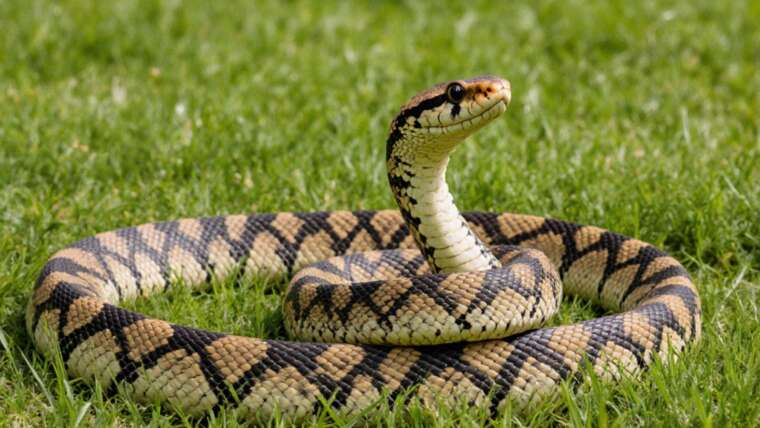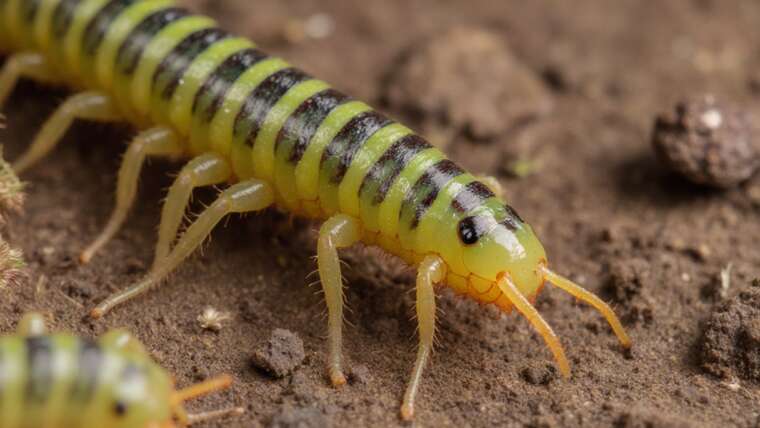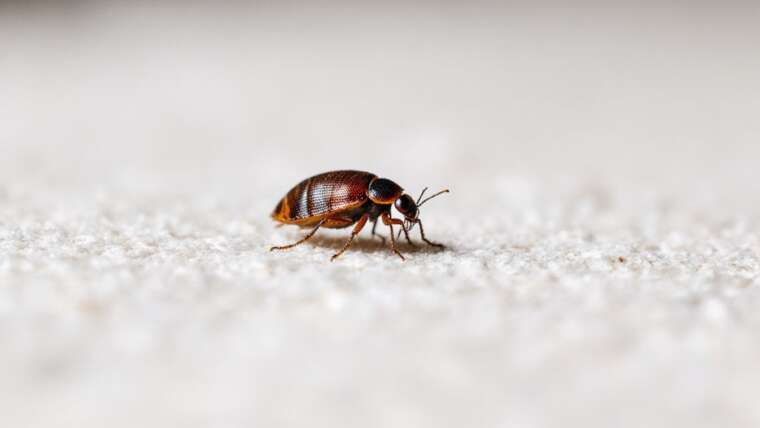Mice can be a nuisance when they infiltrate our homes, yet they are not invincible. In their quest for survival, mice have evolved to avoid predators, which include a range of animals such as foxes, weasels, lizards, snakes, owls, and notably, cats. However, the question remains: do mice also perceive dogs as a threat? This article delves into the intricate dynamics of predator-prey relationships involving dogs and mice, offering valuable insights and tips along the way.
The Myth about Dogs and Mice
Are Mice Really Afraid of Dogs?
A widespread belief exists that dogs can deter mice. However, recent research from the University of Florida challenges this perception. In their study conducted in several African villages, researchers examined the dynamics between household pets and rodent populations. They specifically analyzed whether dogs had a repellent effect on mice.
The findings were enlightening. While the presence of pets like cats and dogs did reduce mouse activity, mice tended to return once the dogs were not nearby. This indicates that dogs alone may not be a reliable deterrent for mice. The researchers concluded that the combination of various predators—dogs and cats together—creates a more intimidating environment for the foraging rodents. They emphasized that having different types of predators might amplify the fear factor for mice, leading them to seek shelter elsewhere.
Tip: To create a more “fearful” environment for mice, consider adopting another type of pet, like a cat or even a reptile, which might enhance the predatory pressure on rodent populations.
Preventive Measures to Keep Mice at Bay
In conjunction with the presence of pets, several proactive measures can be employed to prevent or eliminate mice from your home. These include regular cleaning practices such as vacuuming and inspecting for potential nesting sites, as well as sealing entry points that mice may exploit to gain access. Keeping your living space clean helps eliminate food sources that may attract mice.
Many people wonder whether dogs might actually attract mice. While there is no scientific evidence supporting this notion, it is a fact that dog food can indeed lure mice. Therefore, storing uneaten pet food in sealed, airtight containers is crucial. Additionally, protein-rich foods such as cheese, meat, or even insects like cockroaches may also entice mice into your home.
Tip: Utilize airtight containers not just for pet food but also for human food items. This will help reduce the overall scent profile in your home, making it less appealing to mice.
Potential Dangers of Rodenticides and Alternatives
Risks Associated with Rodent Control Chemicals
While rodenticides can be effective in controlling mice populations, they pose inherent risks to pets. According to veterinarians at the University of California Davis Division of Agriculture and Resources, dogs can be affected either by ingesting the poisonous bait or by consuming another animal that has died from these poisons. This dual threat makes rodenticides a less-than-ideal solution for pet owners.
Instead of resorting to chemicals, consider using traps strategically placed in areas inaccessible to pets. Additionally, sealing potential entry points in your home can provide long-term protection against mice. For a comprehensive approach, consulting a wildlife professional is the best way to identify the safest and most effective methods tailored to your specific situation.
Tip: When using traps, opt for humane catch-and-release traps. This method can effectively control mouse populations without endangering your pet or the local ecosystem.
Professional Help for Mouse Infestations
Customized Solutions for Lasting Control
If you are facing challenges with a mouse infestation, it’s advisable to seek professional assistance. Companies like Terminix offer trained technicians who possess extensive knowledge about various mouse species and their behaviors. Upon a thorough assessment of your property, these professionals can recommend tailored approaches for exclusion and control, ensuring a comprehensive solution.
Tip: Regular property assessments with pest control professionals can not only address current issues but also help you stay ahead of potential infestations. Consider annual inspections as part of your home maintenance routine.
By understanding the predator-prey dynamics between mice and dogs, and implementing effective preventative measures, you can create a safer, mouse-free environment in your home. Always prioritize both your pets’ safety and effective pest control strategies to achieve lasting peace of mind.





